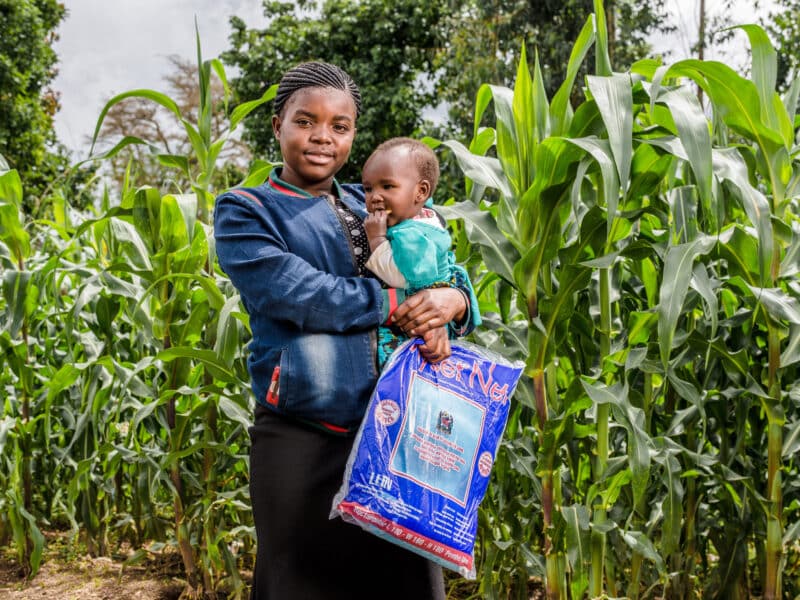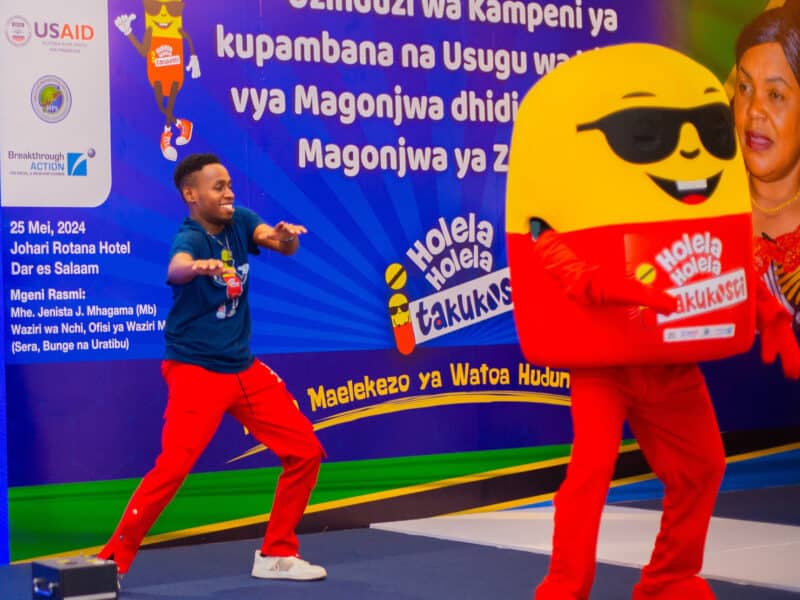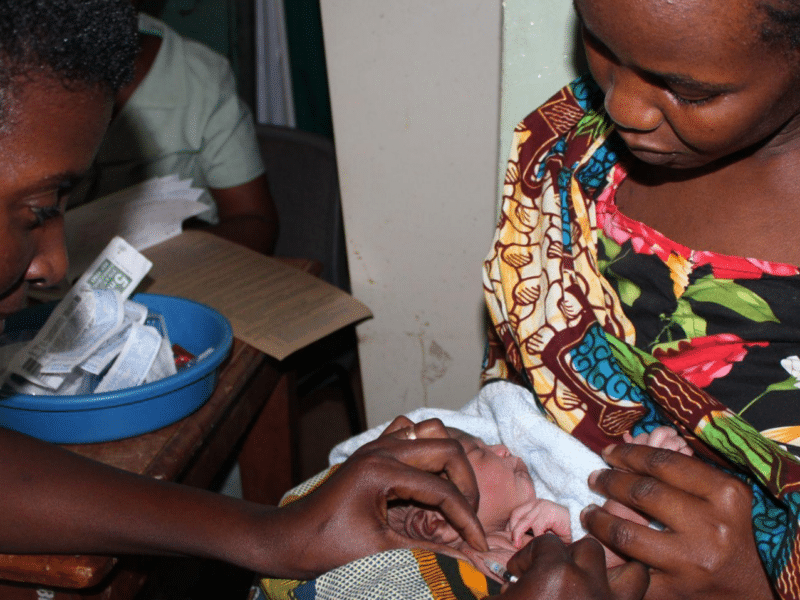A new study by researchers from the Johns Hopkins Bloomberg School of Public Health Center for Communication Programs (JHU∙CCP) reveals that the Fataki campaign influenced Tanzanians to take responsibility for preventing cross-generational sex (CGS) in their communities. The article is published in AIDS and Behavior.
The campaign used a combination of mass media and community-based strategies to address CGS. It introduced the label Fataki, Swahili for “explosive”, for older men who engage in sexual relationships with much younger women, often offering money or gifts in exchange. Recognizing that economic incentives may be a significant factor behind young women’s motivation to engage in CGS, rather than targeting individual risk behavior, the Fataki campaign instead encouraged communities to take responsibility for preventing these relationships.
“In our evaluation of the campaign, we did not assess changes in high risk sexual behavior, but rather investigated the effectiveness of the campaign in mobilizing community members to address CGS within their communities by intervening in these relationships. This included talking to others about CGS and the risks that are involved in such relationships,” explained Michelle Kaufman, Research and Evaluation Officer at JHU∙CCP and lead author of the study.
Researchers found that communities that were exposed to the campaign were more likely to engage in interpersonal communication about CGS and interfere in CGS relationships. Women who had high exposure to the campaign were less likely to engage in a CGS relationship.
This study is the first to evaluate the effectiveness of a mass media health communication campaign that addresses CGS. The results serve as a significant contribution to the body of research on effective CGS program approaches, underscoring the importance of strengthening community-based activities that use campaign materials to facilitate discussion.
The Fataki campaign was created by JHU∙CCP’s Strategic Radio Communication for Development (STRADCOM) project in partnership with Media for Development International (MFDI). The five-year initiative received funding from USAID and PEPFAR to support Tanzania’s fight against HIV/AIDS.
Authors of the article include Kaufman, Alyssa Mooney, Benjamin Kamala, Najmeh Modarres, Robert Karam and Deo Ng’wanansabi.





